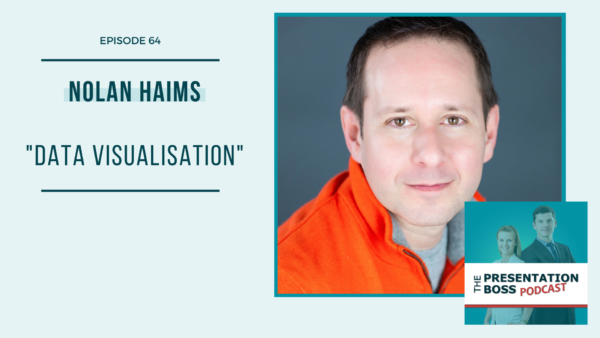
Keith Harmeyer is one of the two principals of SmartStorming, one of the best ideation consultancies there is. I talked to Keith upon the launch of their new online SmartStormer training to ask how ideation figures into presentation.
* * *
1. What does ideation have to do with the making of better presentations?
One of the key objectives for anyone sitting down to create a presentation, is to make that presentation as engaging and persuasive as possible, right? Well in order to accomplish that, you need ideas. Ideas for how to most effectively structure your content. Ideas for how to visualize it, and present it. There are tens of thousands of people sitting at a computer right now, working on their next presentation. What’s going to make YOURS stand out? What will make your audience say, “That’s one of the best presentations I’ve seen.” I believe the first, and possibly most crucial step in the presentation design process is to generate fresh, innovative ways of approaching your work.
In other words – take the time to come up with some great ideas.
2. How can SmartStorming help the average person who is not looking to create the next iPhone, but has more basic responsibilities at work?
One of our missions at SmartStorming is to “demystify” the innovative thinking process, and make it relevant to everyone. Lots of people get hung up on the term “innovation.” They think being innovative requires that you come up with something ground-breaking that no one’s ever seen before. But in fact, the most common type of innovation is simply taking something that already exists (a product, service, process, idea, whatever) and making it better. Simple. And anyone can do it, at any time – and in the process, deliver greater value and benefits to their employer, customers, clients, etc.
At SmartStorming we give people the basic understanding, skills and confidence necessary to approach any type of work more innovatively.
3. If someone could take away just a single specific teaching from the SmartStorming training, what would you want it to be?
In terms of a practical tip that will instantly help someone generate bigger, better, more innovative ideas, simply this: never judge your own (or others’) ideas prematurely. When you’re engaged in the process of generating ideas, anything goes. Don’t reject anything; allow even “bad” ideas to survive, for awhile, to see where they might lead. There is a time to judge and eliminate ideas, but later, during the evaluation and selection process. Keep the two processes separate, and your creative problem solving ability will improve exponentially.










